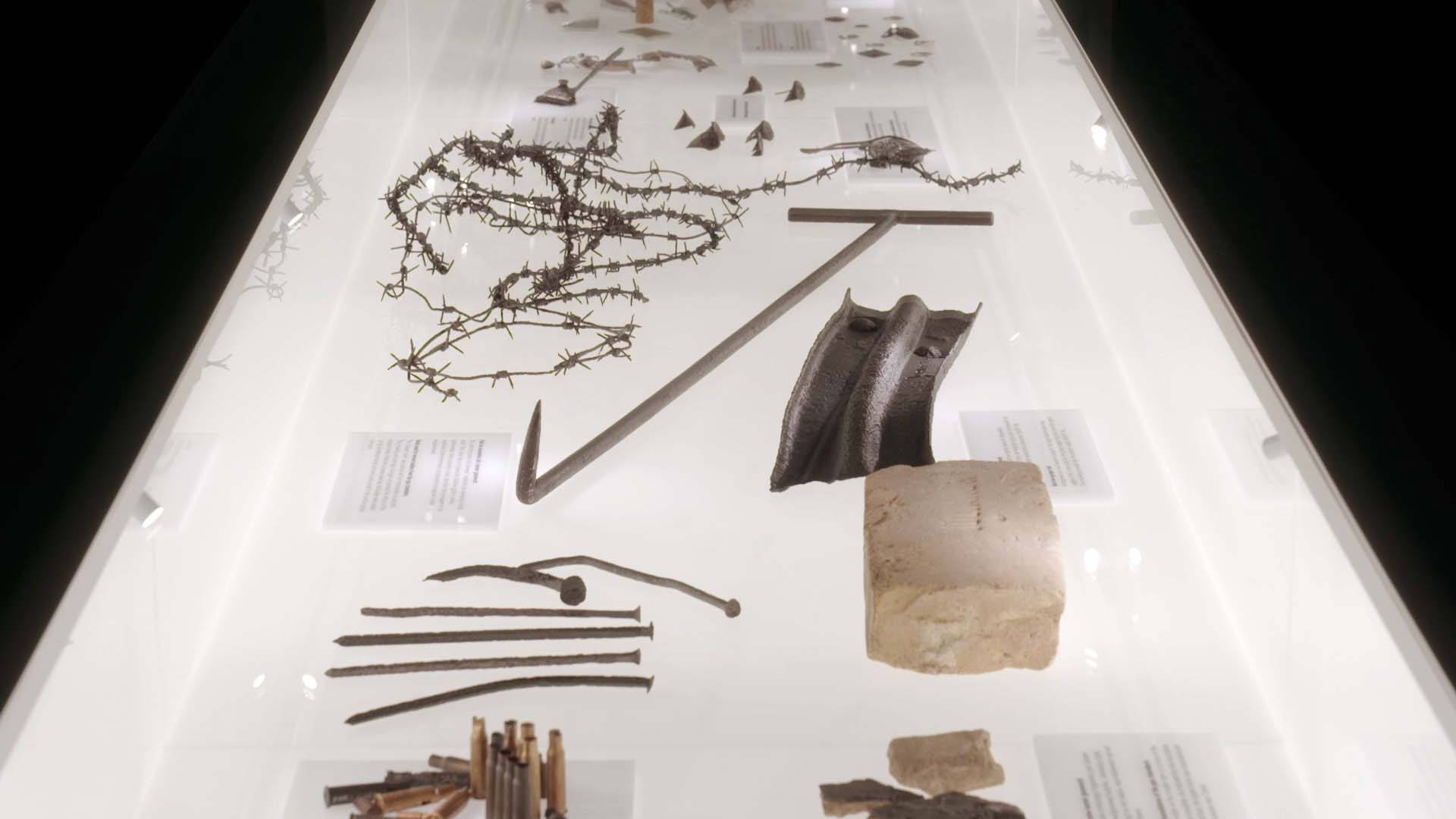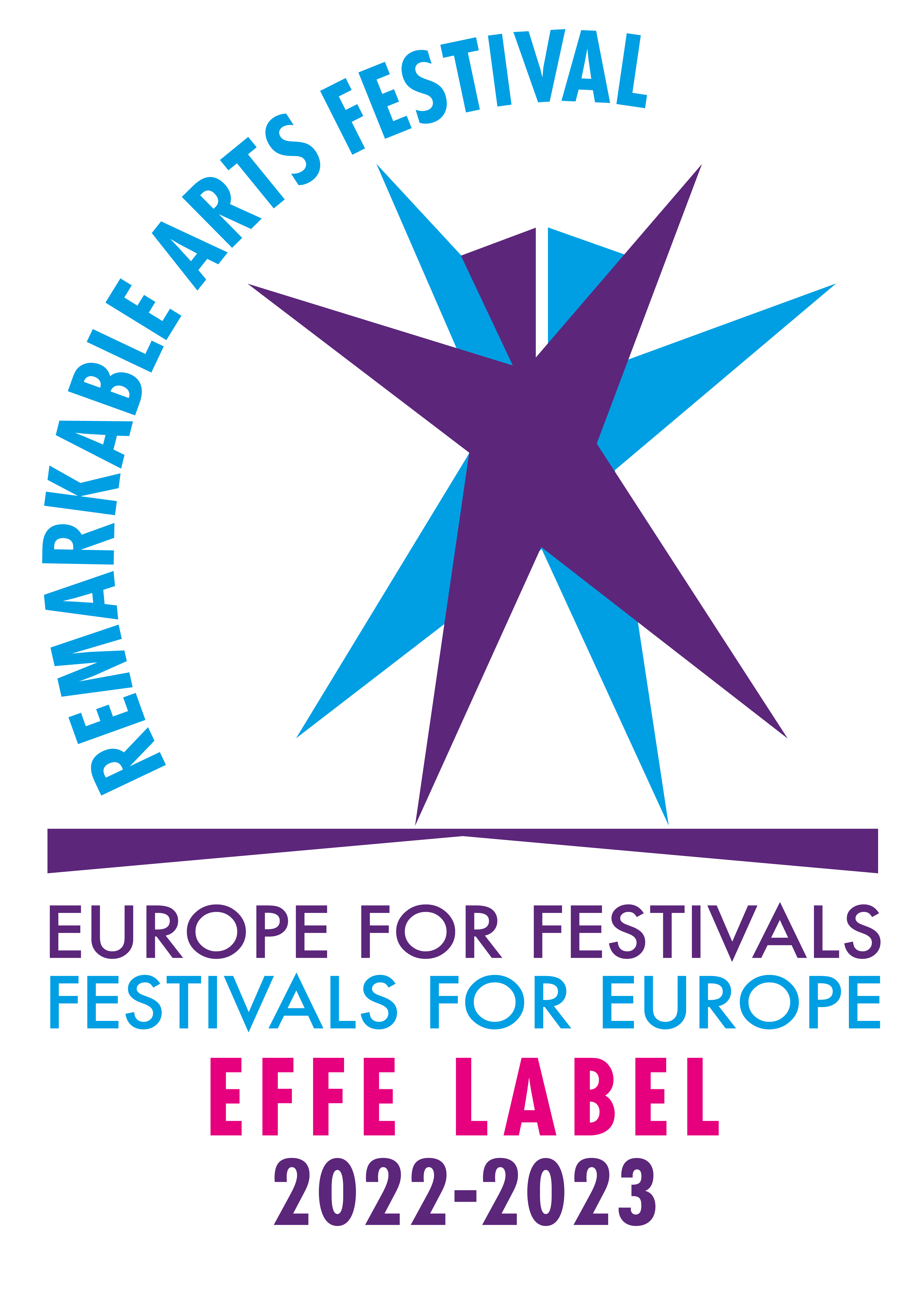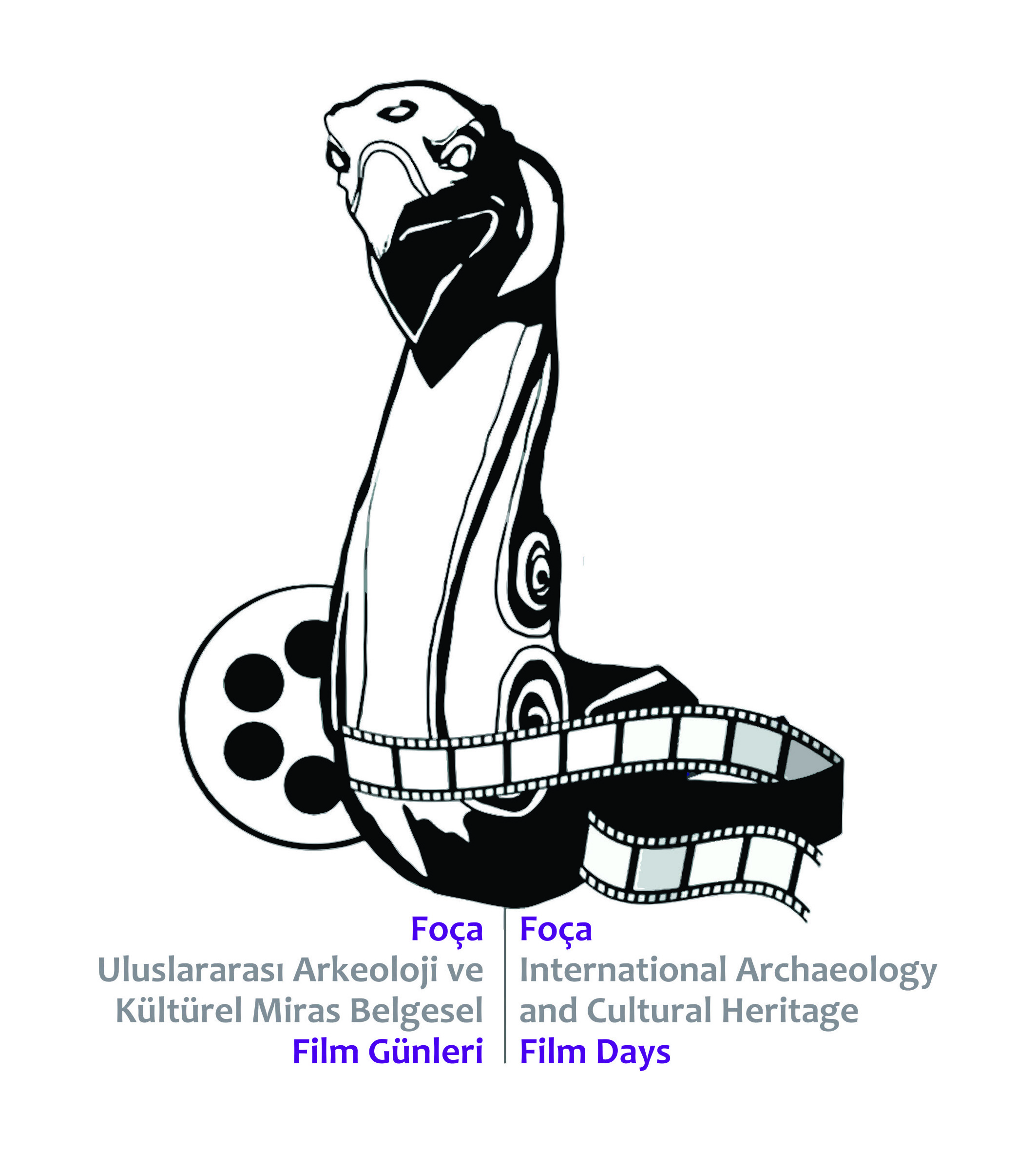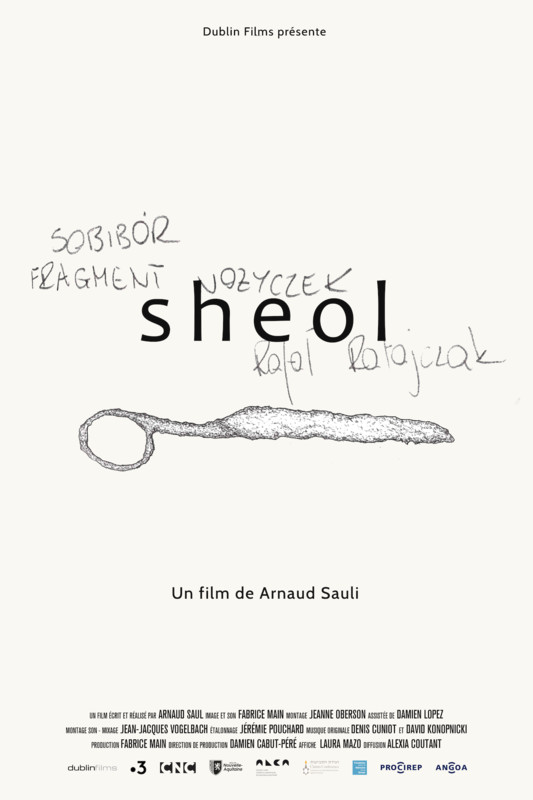
Jewels, boxes, vases, hair… These are among the thousands of objects being uncovered in the excavations conducted by archaeologist Wojtek Mazurek. Mazurek’s site is not what we typically think of when we think about archaeology – perhaps a tomb of an Egyptian pharoah, or a Neolithic site of worship in Ancient Mesopotamia. In fact, Mazurek and his team are in Poland, excavating the more recent history of Sobibor, in eastern Poland. The objects emerging from the ground are fragile witnesses to what took place here, at the site of a former Nazi extermination camp. The archaeologists are under pressure to complete their research before construction begins on a new memorial museum at the site. A modern structure facing a garden, the former barracks of the gas chambers, the museum aims to be the place of posthumous recognition of the victims. But how can the Nazi holocaust be commemorated on its own site, today and tomorrow, when an era without witnesses is emerging? Arnaud Sauli’s film Sheol helps to answer this question through the voices of archaeologists, historians, architects, journalists, curators, and visitors linked to Sobibor.
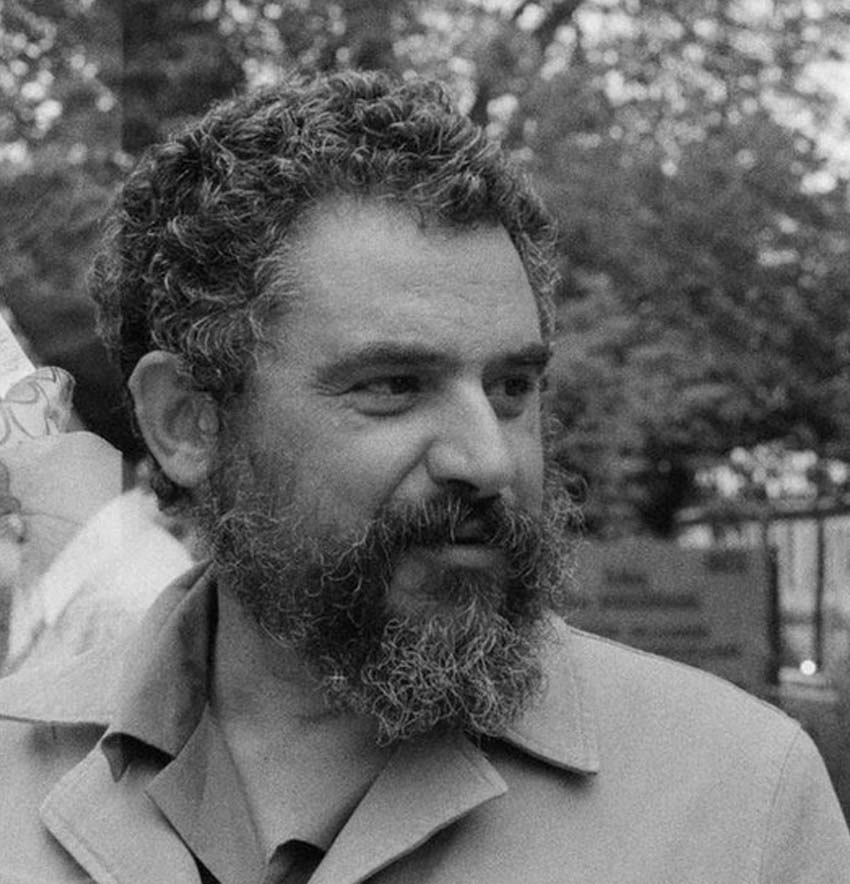
Arnaud Sauli is a historian, filmmaker, and founding member of the Bordaux-based Les Films de l’Imprudence production company. Sauli’s premiere documentary feature film, L’Enfance d’Aharon (Dublin Films, 2016), received an Étoile de la Scam Award in 2017. Sheol, Sauli's most recent film, has been screened at film festivals in Europe and the United States. The film received the Grand Prix for Historic Documentary at the Rendez-vous de l’Histoire in Blois in 2022 and the award for Best Archaeolgoical Film at the Nyon International Festival of Archaeological Films in 2023.
